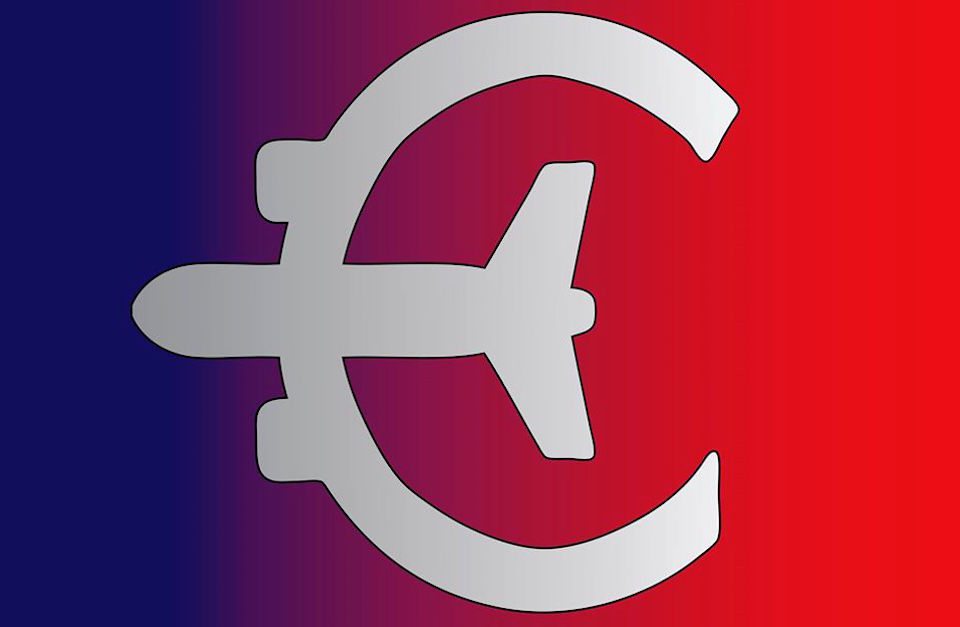Skift Take
It seems odd and a stretch that such a European-focused brand would be gaining traction in the U.S. Will Lastminute.com now be able to scale its business and compete with the sector’s heavy hitters?
Lastminute.com, or the name, at least, is one of the great survivors of the dotcom age.
Since it was founded in 1998 — and under various owners — it has struggled for profitability. In 2015, Bravofly Rumbo Group bought Lastminute.com for just $1.24 (£1).
But, the newly renamed and enlarged Lastminute.com Group appears to have turned things around.
The company reversed a pre-tax loss of $24 million (€22.3 million) into a profit of $9.5 million (€8.9 million) during 2016. Revenues increased by 4.7 percent to $281 million (€262 million).
While the group’s online travel agency business took a slight step back, its metasearch division, through its Jetcost brand, surged with revenues up 91.5 percent to $40.3 million (€37.5 million) with an adjusted EBITDA of $10.3 million (€9.6 million).
Bravofly Rumbo Group, as it was then known, bought Jetcost at the end of 2013.
In 2015, metasearch made up only 7.9 percent of the group’s revenue; now it accounts for 14.3 percent. Somewhat surprisingly, the company believes a significant proportion of the future growth in this area is expected to come from the U.S., which is currently its second biggest market, although it is a very competitive market.
As well as metasearch, Lastminute.com is also making a bet on content. Last year it bought the assets of struggling social travel network WAYN for $1.2 million.
“Our plan for Jetcost, as it was for last year, is to maintain the same EBITDA in absolute terms, around €10 million, and to grow as far as we can,” Chief Executive Fabio Cannavale told analysts on a conference call.
“As you know many other … [metasearch players] like Momondo, like Trivago, are not so profitable as Jetcost so we think that it’s good to have a good balance. Of course we could also decide to go to zero profit and grow even more but we prefer to have a balanced situation as we have [had] it in the past.”
Cannavale added: “We were losing money in the U.S. last year. This year we are making money in the U.S. so it’s an investment that has paid [off].”
Jetcost isn’t in the same league as hotel metasearch specialist Trivago, which listed on the Nasdaq stock exchange in December last year.
Trivago recorded revenue of $530 million (€493.1 million) in 2015, $208.8 million (€194.2 million) of which came from a related party, namely Expedia brands. Trivago made a loss before interest, taxes, depreciation and amortization of $1.2 million (€1.1 million) and a net loss of $42.4 million (€39.4 million).
Momondo Group remains a smaller player than Trivago but its performance was enough to persuade the Priceline Group to spend $550 million on it.
Momondo Group Holdings Ltd reported revenue of $77.1 million (£62.2 million) in calendar year 2015, an improvement of 17 percent over the prior period. The company made a post-tax loss of $14.1 million (£11.4 million).
Like Trivago, Momondo is happy to spend big on advertising at the expense of making profits in the short term as it looks to aggressively grow revenue.
For the moment, Jetcost and Lastminute.com Group are happy to go the other way.
The Daily Newsletter
Our daily coverage of the global travel industry. Written by editors and analysts from across Skift’s brands.
Have a confidential tip for Skift? Get in touch
Tags: lastminute.com group, otas
Photo credit: Lastminute.com states its Jetcost metasearch arm is profitable and it is hoping to expand in the U.S. Jetcost
